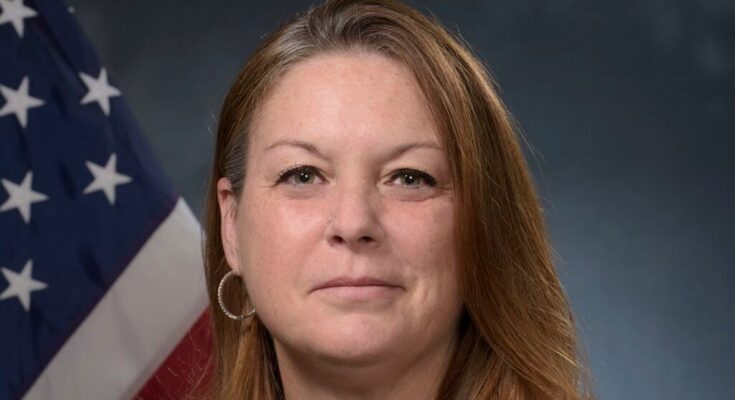United States Secret Service Director Kimberly Cheatle resigned on Tuesday over rising pressure and outrage following the agency’s inability to prevent an assassination attempt on former President Donald Trump.
Cheatle’s resignation comes after she was heavily criticized at a hearing organized by the House Oversight and Accountability Committee. The hearing was designed to evaluate Cheatle’s leadership and the Secret Service’s actions on July 13th.
Cheatle did not resign from the Secret Service at the hearing
Despite being reportedly berated with criticism at the Hearing, Cheatle refused to step down from her position as Secret Service director. She instead maintained that she was “the most qualified person to lead the Secret Service.”
This stance seemingly changed on Tuesday morning when former Director Cheatle wrote a letter to Secret Service staff presenting her resignation.
“In light of recent events, it is with a heavy heart that, I have made the difficult decision to step down as your Director,” said Cheatle.
Cheatle recognized her organization’s shortcomings and said, “The Secret Service’s solemn mission is to protect our nation’s leaders and financial infrastructure. On July 13th, we fell short on that mission.”
Cheatle, who served at the Secret Service for almost three decades, took full responsibility for “the security lapse” and described scrutiny over the last few weeks as “intense.”
President Joe Biden thanked Cheatle for her service but more accountability is sought
Soon after Cheatle wrote the letter to Secret Service staff, President Joe Biden put out a statement thanking her for “decades of public service.”
Biden credited Cheatle as an “honorable and courageous leader” given that she took on “one of the most challenging jobs in public service.” He ended his statement by announcing he would appoint a new secret service director soon.
Since Cheatle’s resignation, the House Oversight and Accountability Committee has made it clear they are seeking more accountability for the events of July 13th.
This sentiment has been expanded upon by the committee’s chairman, Rep. James Comer. In a statement on Cheatle’s resignation, Comer said, “It would not stop the committee’s demand for more accountability.”
Like Cheatle, Comer also reminded the Secret Service of its core mission. “The Secret Service has a no-fail mission yet it failed historically on Director Cheatle’s watch,” said Comer.
He did recognize that Cheatle’s resignation is a “step forward in accountability” but explained that a full review of the security lapse is still needed.
The Secret Service’s logistical and political shortcomings under Kimberly Cheatle
Director Cheatle resigned after the July 13th incident, when a gunman almost killed former President Trump at a rally in Pennsylvania. Three main factors explain the Secret Service’s logistic and security debacle.
Political analysts say Cheatle’s primary shortcoming was justifying not placing a Secret Service sniper on the roof where the gunman was. This justification was seen as unacceptable given that rally attendees had alerted authorities of the gunman’s presence.
Another shortcoming is the lack of transparency from the Secret Service. The organization had to backtrack on a statement in which they said they had not rejected requests from Trump’s campaign for security enhancements.
Logistically, the Secret Service recognized that their shortcomings endangered President Trump’s integrity. Secret Service agents allowed Trump to take the stage despite receiving a report of a suspicious individual being present at the event.



